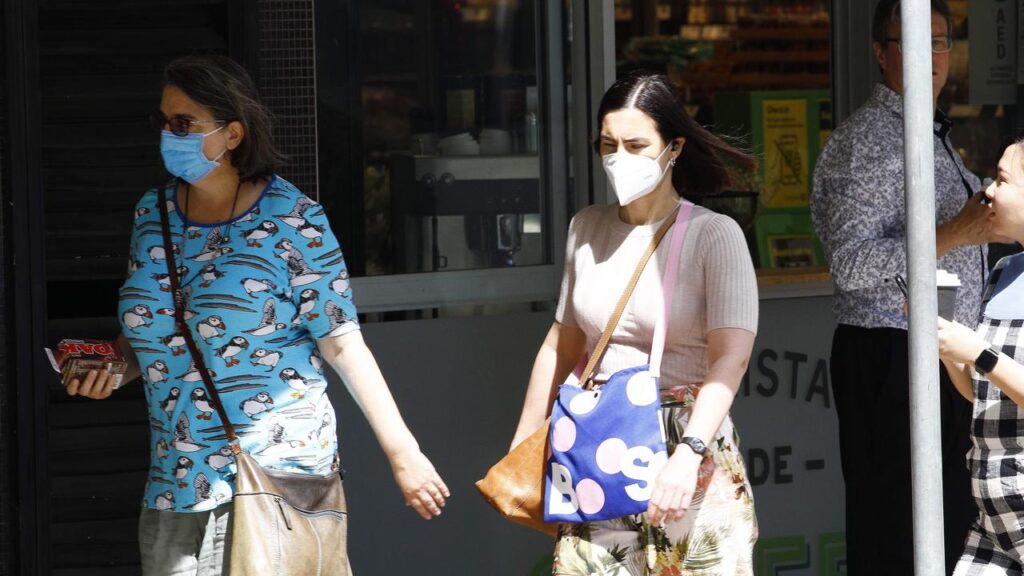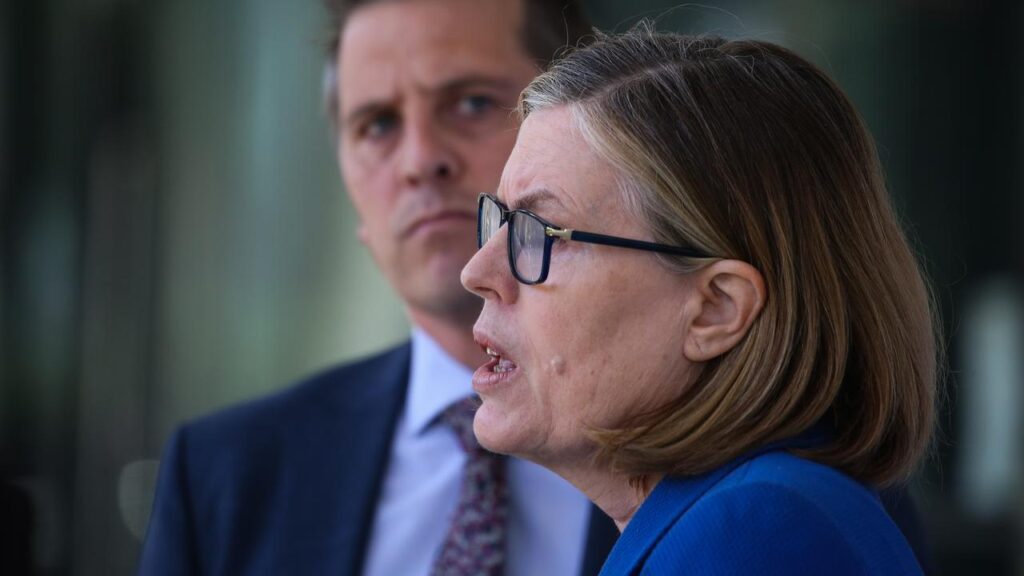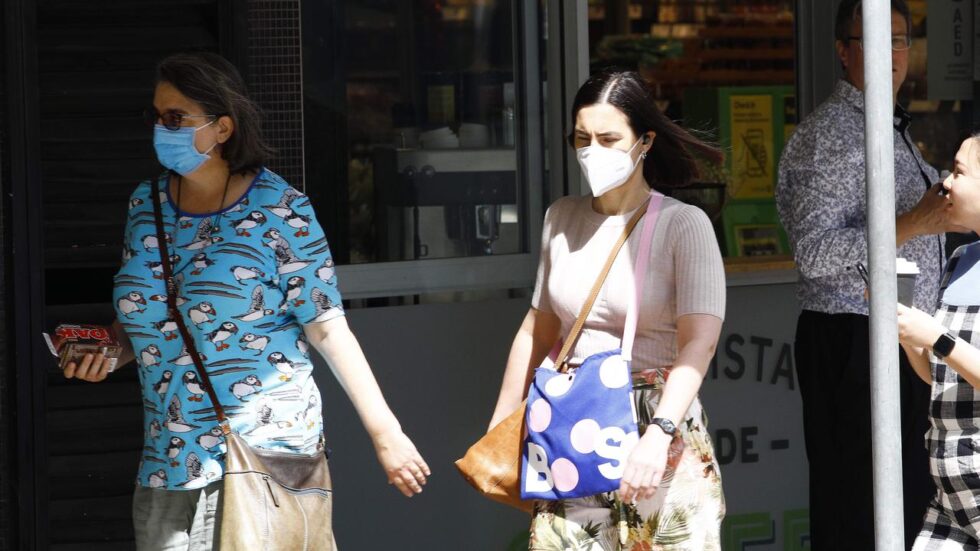With only a matter of days until the start of winter, the country’s Covid numbers are again starting to climb.
The cooler weather is prime time for both Covid and the flu to spread, and despite a strong focus on doing the right thing – staying home when symptoms appear and getting vaccinated – Covid cases have climbed across Australia.
Over the past seven days, 41,188 cases have been detected – a 7.7 per cent increase on the week prior – with 14,409 cases in NSW alone.
The state experienced an increase of 864 cases on the previous week, and 69 people died from the illness during the week ending May 26.
Positive tests jumped 15 per cent in Victoria, where 10,642 cases and nine deaths were recorded.
South Australian cases climbed 28 per cent to 4012 – up 1338 from the week before.
In Queensland there was a more mild increase of 8 per cent, with average cases a day now hitting 757.

Western Australia also reported a small spike in cases, up from 4092 to 4486, and 30 deaths in the past week.
The Northern Territory recorded 203 new cases over the last seven days, and Tasmania reported 1252.
Experts continue to warn that the best defence against respiratory illnesses is vaccination.

NSW Health Minister Ryan Park and chief health officer Kerry Chant on Thursday renewed calls for people to get both their flu and Covid shots before winter really kicked in.
“It is absolutely critical that people understand that Covid is still out and about,” Mr Park said.
“The reality is Covid is still out and about among our community.”
Dr Chant emphasised the importance of anyone with symptoms of either the flu or Covid to stay at home and reduce the risk of passing the virus on to those who are vulnerable.

“Please don’t spread around your germs. Even if you have rapid antigen tests that are negative, please just stay at home,” she said.
“Please just do those simple measures that we’ve put in place for the past few years that we’ve learned so well as a community.”
Hospitalisations in Victoria are increasing, with a 23 per cent rise to 415 patients in the previous seven days.
On Friday, the Victorian health department said there were 4.2 million residents in the state who were eligible for booster vaccinations, but hadn’t come forward to receive them yet.
“Recent case notifications have increased most notably among school-aged children, as has been occuring for other respiratory viruses such as influenza,” an update from the chief health officer said.
“Protecting yourself from getting infected is the best way to protect yourself and the community. If you don’t get Covid, you can’t spread Covid.”
Australians are encouraged to remember six steps to avoid infection.
– Wear a mask
– Get a booster vaccination
– Let in fresh air
– Get tested if symptoms arise
– Stay at home if you test positive to Covid
– Talk to a doctor


